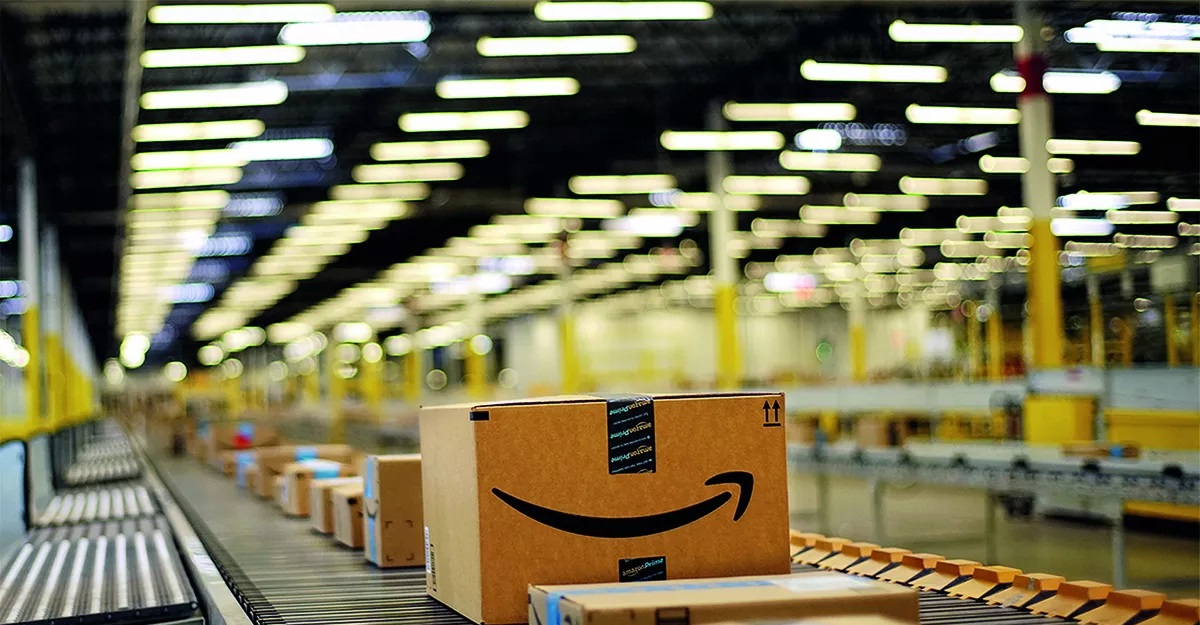News
Global warming: Rio de Janeiro could be flooded by 2100
Advertisement
If significant measures are not taken to reduce greenhouse gas emissions and mitigate the effects of global warming, it is plausible that Rio de Janeiro and other coastal cities will face serious flooding problems by the end of the century. This would have enormous social, economic and environmental repercussions.
It is crucial that action is taken at both the local and global levels to combat climate change and protect vulnerable coastal areas, including Rio de Janeiro. This could involve investments in resilient infrastructure, adaptation and mitigation policies, and a transition to cleaner, more sustainable energy sources.
Brazil's coastal future
Brazil’s coastal future faces significant challenges due to climate change and sea level rise. As a country with an extensive coastline, Brazil is especially vulnerable to the impacts of climate change, including more intense storms, coastal erosion and sea level rise.
Additionally, many of Brazil’s major cities are located along the coast, including Rio de Janeiro, São Paulo, Recife and Salvador. This means that millions of people and much of the country’s infrastructure are at risk of flooding and other climate-related damage.
To address these challenges, Brazil needs to adopt comprehensive adaptation and mitigation measures. This could include implementing coastal zoning policies to limit development in high-risk areas, investing in climate-resilient infrastructure such as levees and storm surge barriers, and promoting clean, sustainable energy to reduce greenhouse gas emissions.
Furthermore, it is crucial that Brazil works collaboratively with other countries and participates in international agreements to reduce global greenhouse gas emissions and limit global warming. Only with coordinated efforts at the national and global levels can we hope to protect coastal communities and ensure a sustainable future for Brazil and the world.
At a fast pace
Yes, the challenges related to sea level rise and climate change are developing at an accelerating pace. Melting ice caps and glaciers, coupled with warming oceans, are contributing to significant sea level rise around the world.
This sea level rise is not uniform and varies from region to region, but projections indicate that rates of rise are accelerating. This means that coastal communities, including those in Brazil, are facing increasing pressure to adapt quickly to these changes.
In addition, the accelerating pace of climate change is also exacerbating other impacts, such as extreme weather events, ocean acidification and biodiversity loss. These challenges require an urgent and coordinated response at local, national and global levels.
To address these issues, it is essential to implement mitigation measures to reduce greenhouse gas emissions and adaptation measures to strengthen the resilience of coastal communities. This requires swift and decisive action by governments, civil society and the private sector.
You may also like

Different multinationals, the same strategies: the pillars that support the world's largest companies and their vacancies
Discover how to find jobs at major multinationals like Amazon, FedEx, UPS, and Cognizant, with real growth opportunities.
Keep Reading


